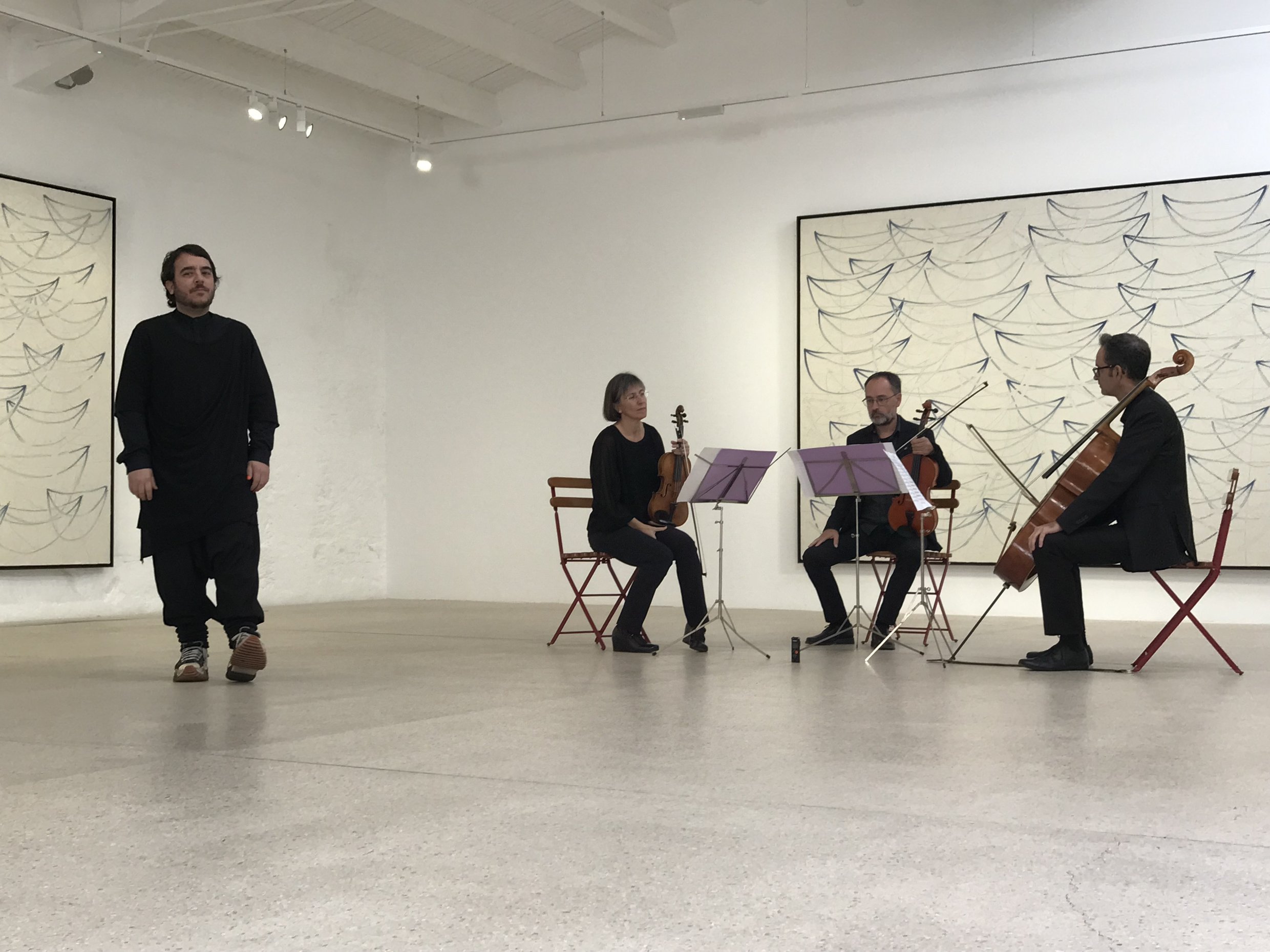The economic aspect of sustainability

(1) Examples of Immediate Actions
This section collates a series of actions and solutions that are currently being implemented in the museums and curatorial projects of CIMAM members and the professionals who took part in the survey conducted by CIMAM in 2022 titled "Climate, Social, and Economic Sustainability: How Modern and Contemporary Art Museums Act to Achieve the Sustainable Development Goals."
The economic aspect of sustainability: working conditions, local and circular economy, and ethical sponsorships that pursue sustainable objectives.
DECENT WORK AND ECONOMIC GROWTH
- Fair salaries for cultural personnel.
- Create more junior positions with the possibility of growth within the institution for people from diverse backgrounds who have yet to have the opportunity to gain sufficient experience to occupy positions of responsibility.
- Contracting systems that can boost local suppliers. Conscious and inclusive management of the institution’s supply chain promotes local development and low environmental impact.
- Promote a hybrid work system and optimize working hours, reducing non-essential labor.
PEACE, JUSTICE, AND STRONG INSTITUTIONS
- Sponsorships must be dedicated to fostering smart, inclusive growth by creating a self-sustaining and sustainable organization.
- Sponsorships should have external audits that certify the destinations and uses of the money, thus making the good work of the institutions fully visible.
- Encourage sustainable sponsorship in support of a caring society.
- Find partners that prioritize inclusive and equitable opportunities for all and share social responsibilities with museums.
- Integrate ESG measures as KPIs in sponsorship.
- Establish a Code of Conduct to sign with all stakeholders to follow the museum’s ethical and sustainable values.
PARTNERSHIP FOR ACHIEVING THE SUSTAINABLE DEVELOPMENT GOALS
- A museum’s management can create new revenue through sponsorship by implementing sustainability initiatives.
- A museum board should be made up of activists and artists, not just financial partners.
- Museums can mediate complex information and ideas through the artist’s lens by developing collaborations with artists that address policies and strategies toward a green economy.
- Establish sponsorship policies in line with the sustainability goals of museums, keeping in mind that sponsorship is a two-way relationship and that companies are also increasingly selective in their sponsorship.